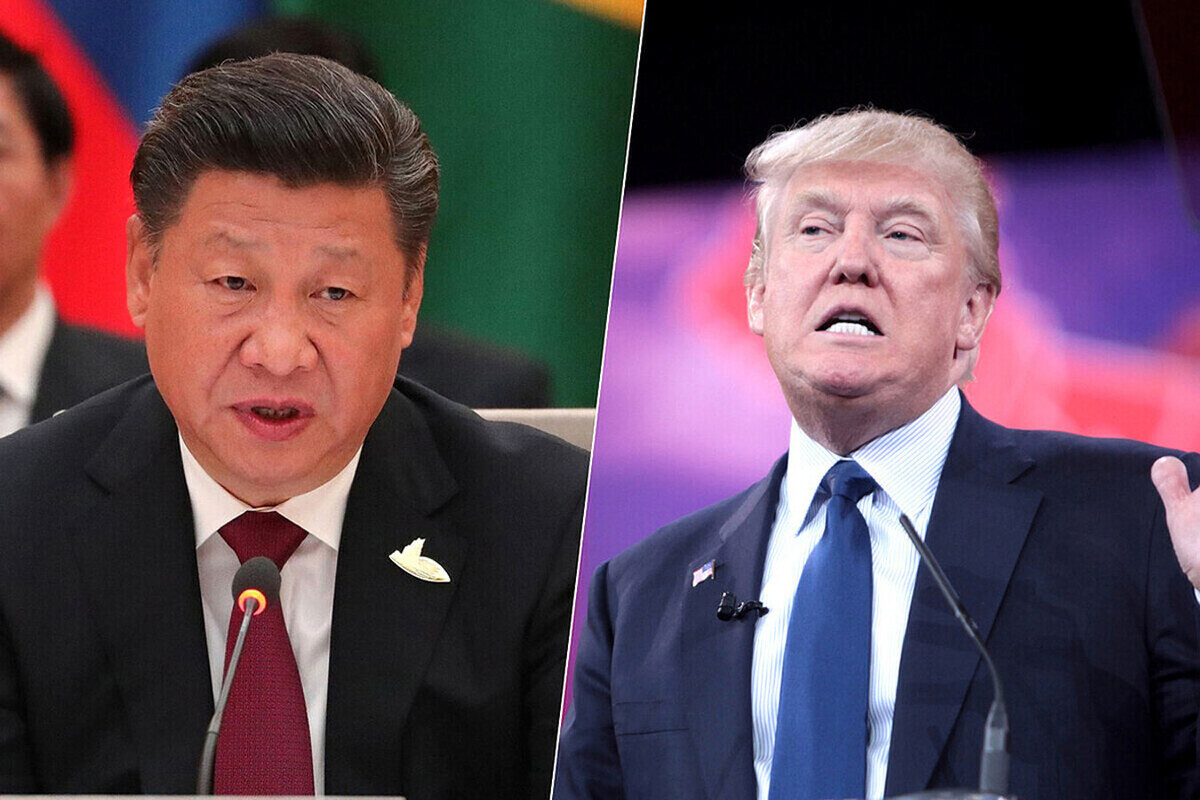NVIDIA, China, and the Silicon Cold War: A Critical Rant on Tech’s Latest Power Struggle
Hello everyone. Let’s talk about the ongoing soap opera of silicon and suspicion – the AI chip arms race between the United States and China. Because if there’s one thing the tech world desperately needed, it was yet another geopolitical turf war masquerading as progress. Nothing screams innovation like bureaucracy, paranoia, and trade regulations written by people who think “semiconductor” is a brand-new Marvel superhero.
The U.S. Mistake: Playing Tech Whack-a-Mole
The Trump administration, and let’s be fair, its predecessor as well, thought they could kneecap China’s semiconductor ambitions by slamming the door shut on advanced chip exports. Predictably, China did what anyone does when barred from the party: host their own. Five years later, Chinese companies like Huawei and Moore Threads are cranking out GPUs that, gasp, actually compete. Who could’ve foreseen that sanctions might encourage domestic innovation? Shocking, I know. It’s like expecting to win a chess match by removing half the pieces from the board while your opponent just builds a new set. Brilliant strategy, lads.


The New U.S. ‘Strategy’: Backpedal While Pretending You’re Steering
Now, in a move that screams “oops,” the plan is apparently to let NVIDIA sell chips to China again-but only the ones that are slightly less powerful. You know, like a doctor deciding the best way to reduce your sugar intake is by prescribing diet soda instead of water. The logic here is that if you drip-feed your potential rival, they’ll stay dependent. Right. History’s full of examples where rationed access kept competitors weak… oh wait, no, it’s full of examples where said competitors figured out how to manufacture their own.
China’s Suspicion of NVIDIA: Spy vs. GPU
Of course, China isn’t exactly embracing NVIDIA with flowers and mooncakes. Their Cyberspace Administration suspects U.S. chips might have a backdoor, because what better way to spy on an adversary than to literally put spyware in the silicon? I mean, it sounds like a quest line straight out of Metal Gear Solid: “Snake, your mission is to uncover the secret backdoor hidden inside the GPU.” The fact that this is being seriously considered tells you a lot about how deep the mistrust runs.
“There are no backdoors in NVIDIA chips. No kill switches. No spyware.” – NVIDIA’s Chief Security Officer.
Of course, when the guy in charge of protecting the company’s reputation tells you “trust me, we’re clean,” it’s about as reassuring as a pharmaceutical salesman insisting his pills have “no side effects, definitely.” Forgive me if I need a second opinion, doc.
Huawei and Moore Threads: Leveling Up Fast
Meanwhile, Huawei, the tech bogeyman of Washington, seems to be doing just fine. Their Ascend AI chips have been improving steadily over the last five years, with ambitions to surpass NVIDIA’s much-hyped H100. They’re even lining up a competitor to the H20, with production slated for 2025. In gaming terms, this is like watching the underleveled NPC quietly grind mobs in the corner until suddenly it one-shots the raid boss. You didn’t see it coming because you were too busy nerfing your own abilities out of fear they’d copy them.
Moore Threads, on the other hand, is pushing out both AI and gaming GPUs that look-on paper, at least-like they belong in the same ring as NVIDIA and AMD. The MTT S4000 and S3000 are the AI heavy hitters, and then there’s the MTT S80 gaming card claiming 14.4 TFLOPs of performance. Sure, not exactly earth-shattering, but respectable. In gamer speak, that’s like a mid-tier build that doesn’t embarrass you on a benchmarking leaderboard. Solid, if unremarkable. The fact they’re already here, though, tells you China isn’t aiming for “best in class” today; they’re aiming for “dominance tomorrow.”
Tech Cold War and the Illusion of Control
Here’s the uncomfortable truth: the semiconductor cold war has no real winners. The U.S. government thinks it can throttle China’s progress by being stingy with silicon, but that’s a short-term placebo-like putting gauze on a gunshot wound and saying “job done.” Meanwhile, China is accelerating toward chip independence with a pace that looks less like a slow crawl and more like a Zerg rush. NVIDIA, stuck in the middle, risks losing a massive market regardless of how CAC rules. And gamers and technophiles worldwide? We’re reduced to popcorn-munching spectators watching our favorite tech brands used as pawns in a geopolitical chess match.
Final Diagnosis
As a doctor, let me put it bluntly: the patient here is innovation itself, and the prognosis isn’t great. The treatment plan of weaponizing chips has only strengthened the other side’s immune system. Instead of cancer, we’ve created a superbug. Good job, everyone.
So, overall impression? Bad. Very, very bad. This isn’t clever strategy; it’s desperate scrambling dressed up as control. NVIDIA’s reputation might weather the storm, Huawei is rising like a hydra, and the U.S. government is essentially trying to play tug-of-war with a rope that’s already snapped. The silicon cold war marches on, and the only guaranteed winner is the chaos theorist who predicted all of this years ago.
And that, ladies and gentlemen, is entirely my opinion.
Article source: EEUU quiere que China se vuelva adicta a los chips de NVIDIA. Su problema es que su mayor rival no está por la labor, https://www.xataka.com/empresas-y-economia/eeuu-quiere-que-china-se-vuelva-adicta-chips-nvidia-su-problema-que-su-mayor-rival-no-esta-labor



